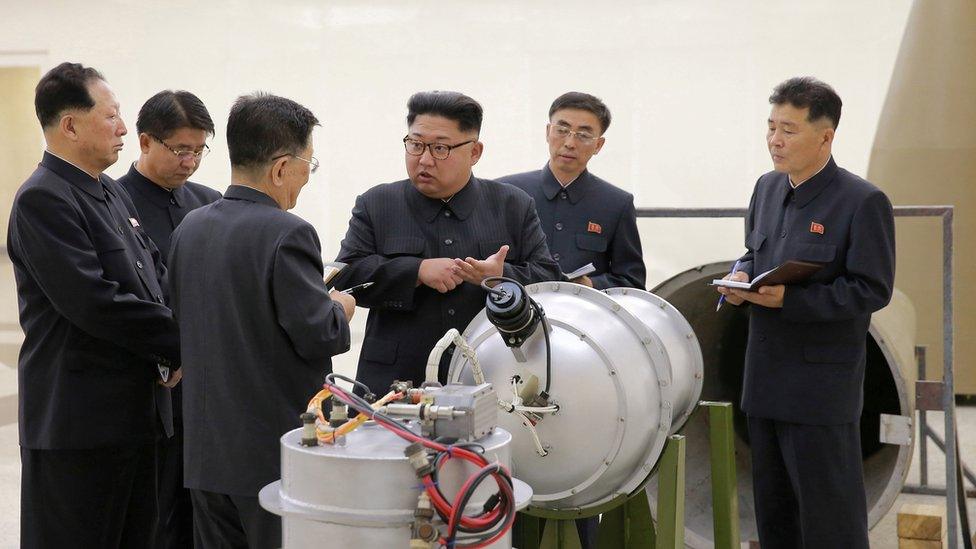North Korean missile and Kim Jong-un's 'Christmas gift' decision
- Published
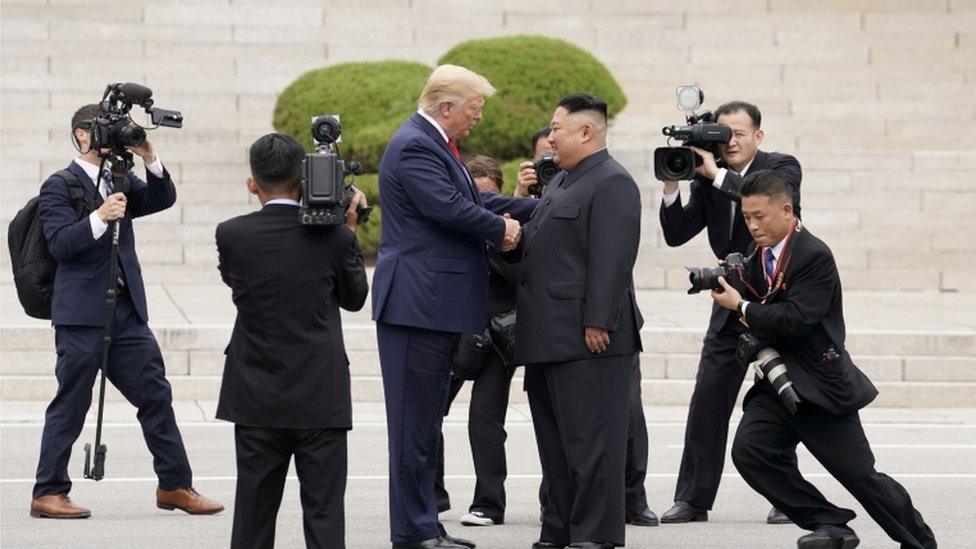
Donald Trump and Kim Jong-un shaking hands at the DMZ in June
Kim Jong-un has a big decision to make.
Talks with Donald Trump have not gone to plan. Strict economic sanctions remain in place and it appears Washington is not going to budge despite Pyongyang's insistence that they come up with another deal to resolve the nuclear issue by the end of the year.
Donald Trump, too, seems to be frustrated. He has once again hinted at the possibility of military action against North Korea if necessary, despite highlighting his "good relationship" with the North Korean leader.
These next few weeks may be critical for US-North Korean diplomacy.
"I think we're seeing the start of what could be a return to a very familiar crisis in 2020," Ankit Panda, North Korea expert at the Federation of American Scientists, told the BBC.
"We're beginning to see the scenario that many of us had warned of from the get-go of diplomacy: a capricious and irritable Trump coming to terms with the reality of his reality-TV diplomacy with North Korea."
Nerves and veiled Christmas threats
Despite the "reality TV" nature of Trump and Kim's summitry and their handshakes during a surprise visit to the North-South Korea border in June, South Korea once described the US president's decision to engage with Kim Jong-un as "courageous".
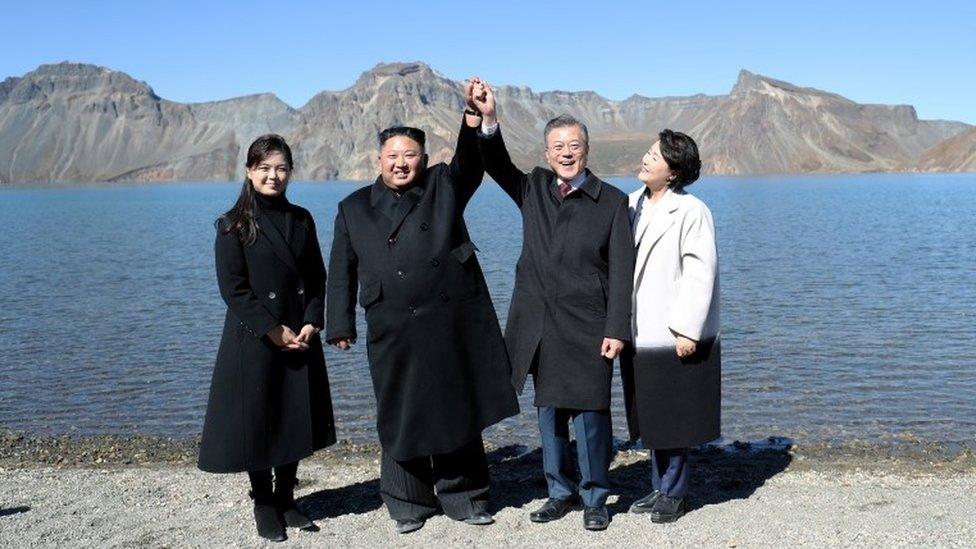
Kim Jong-un and Moon Jae-in held hands on Mt Paektu in North Korea, with their wives next to them
His approach was unconventional, they said, but there was hope that just perhaps this time things would be different.
Just 15 months ago, the leaders of North and South held hands on Mt Paektu, optimistic that they would be able to come to some kind of an agreement to finally end the Korean War.
That hope has now gone.
Pyongyang is refusing to hold talks with Seoul. Last week North Korea carried out artillery drills near the sea border with the South at Kim Jong-un's request. This breached a military agreement reached between the two countries last year.
The South has every reason to be cautious when the North is near this border. In November 2010, North Korean forces fired around 170 artillery shells and rockets at Yeonpyeong Island, killing four South Koreans. There are now fears that tensions are beginning to ramp up once again.
There is certainly no shortage of warning signs from North Korea about where its diplomatic relationship with Washington and Seoul is heading.
The latest came earlier this week. Deputy Foreign Minister Ri Thae Song hinted that the regime could resume long-range missile tests in the next few weeks if Washington refused to change its negotiating position and said "it is entirely up to the US what Christmas gift it will select" - a phrase that was almost certainly designed to be picked up by the US press pack.
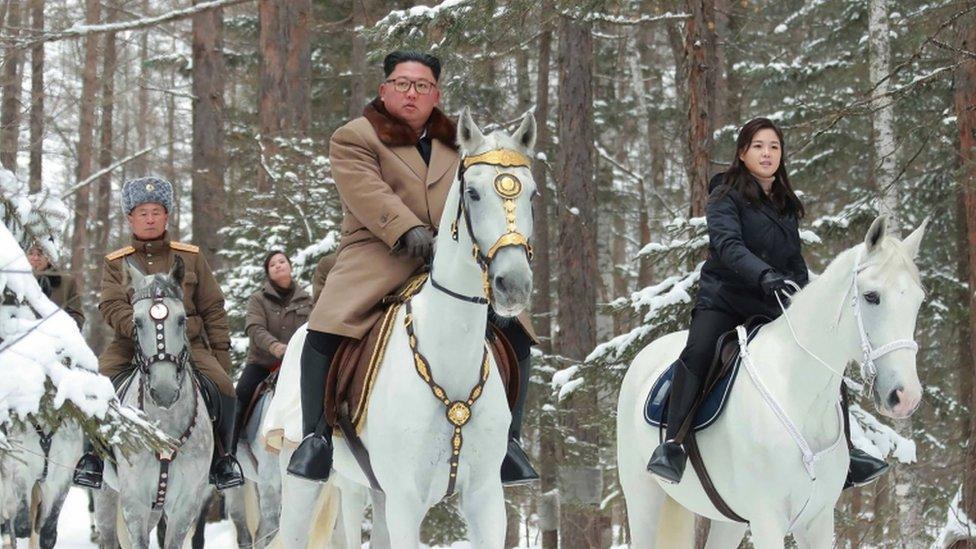
Then, once again, the Supreme Leader got back on his white horse and climbed Mt Paektu, North Korea's most sacred mountain. The images and prose in state media were rich in political and ideological messaging.
Dozens of photos showed him ploughing through the snow on his way to the "revolutionary" mountain top. The visit comes at a time when "the imperialists and class enemies make a more frantic attempt to undermine the ideological, revolutionary and class positions of our Party", the North Korean leader is quoted as saying.
The statement added that he was getting his people ready for "the harshness and protracted character of our revolution".
North Koreans are being warned that hard times lie ahead.
Return of rocket man?
Kim Jong-un is also convening a surprise meeting of his ruling party leaders. North Korea's most powerful political committee will meet in late December to "discuss and decide on critical issues". Put simply, this does not bode well. It is possible Mr Kim is already convinced that talks with the US will not work and is getting ready to hand out new orders.
So is rocket man ready to make a return?
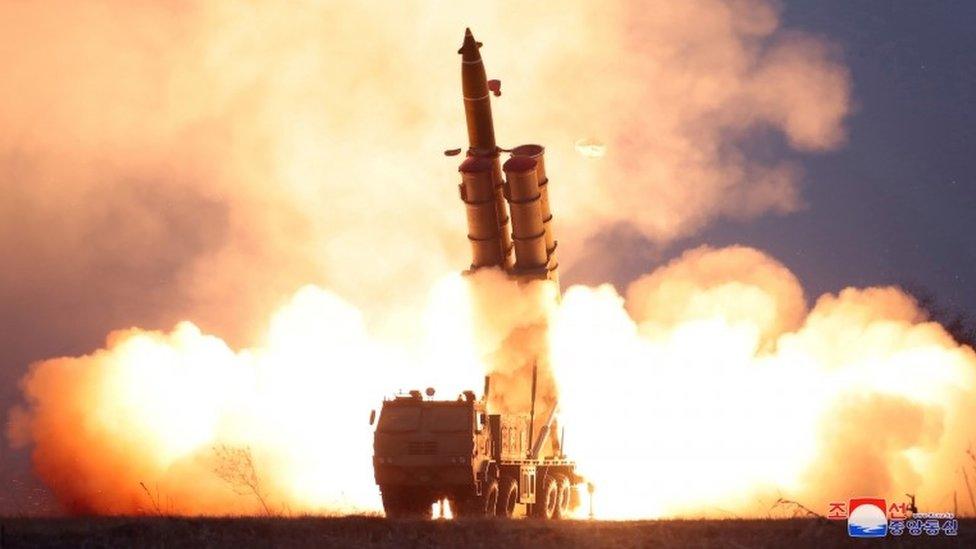
North Korea has repeatedly fired off missiles throughout 2019
Some would argue he never left. This year has been one of North Korea's busiest in terms of testing.
Kim Jong-un's small impoverished state which is under strict international sanctions has managed to develop three new missile systems, all of which have been tested since talks between Mr Trump and the North Korean leader broke down in Hanoi in February.
"All of the missiles have several things in common," Vipin Narang, a security studies professor at Massachusetts Institute of Technology, told me earlier this year.
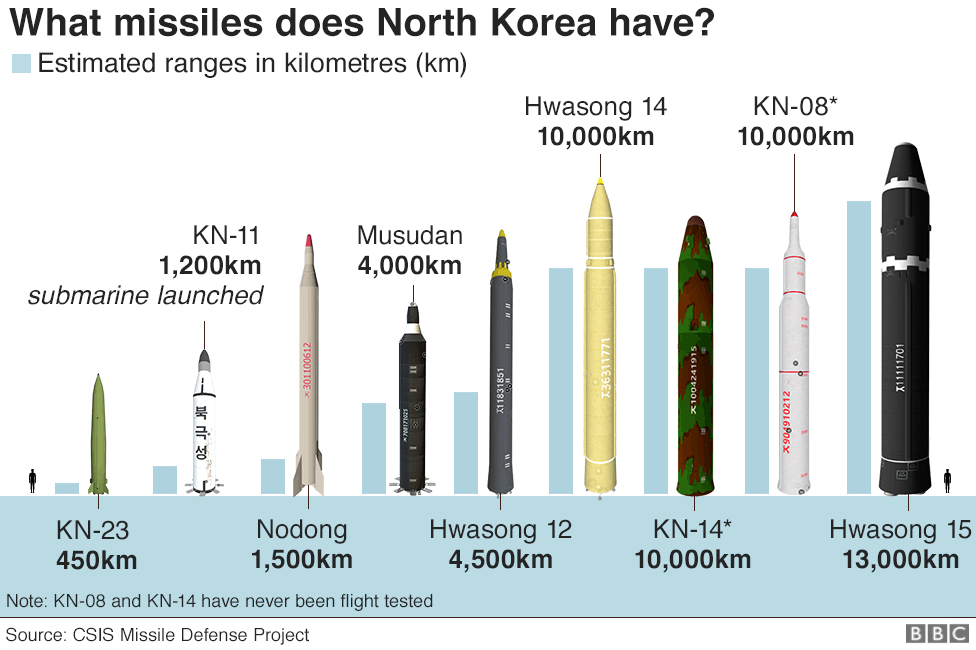
"They are solid fuel, they are mobile, they are fast, they fly low, and at least the KN-23 can manoeuvre inflight, which is very impressive.
"Any one of the missiles would pose a challenge to regional and ROK missile defences given these characteristics. Together, they pose a nightmare."
But all 13 launches in 2019 were brushed off by Mr Trump. After all, Mr Kim had kept his promise not to test long-range weapons or a nuclear weapon.
However, the North Korean leader also hinted that this promise had an expiry date and that the moratorium on testing would end on 31 December if there was no deal with the US.
Satellite launch?
Kim Jong-un may think that if he wants to win back the US president's attention and pressure him for a better deal, he is going to have to go bigger and bolder. There are also various components of his new short-range missiles that he may be eager to try out on longer-range weapons.
One way to do that would be to launch a satellite. It wouldn't technically break his promise, and it would be headline-grabbing both domestically and internationally.
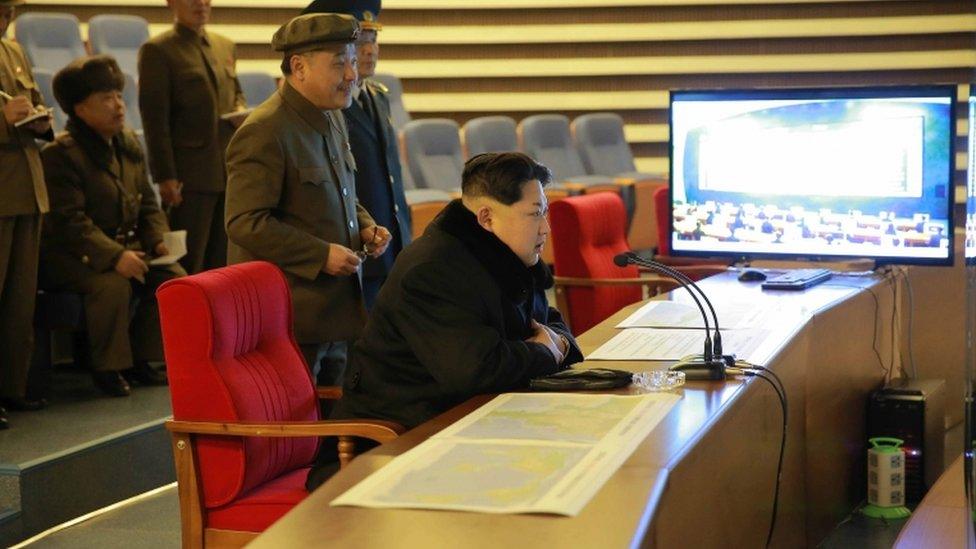
Kim Jong-un last oversaw a space launch in 2016 when North Korea put a satellite into orbit
"The reasons to suspect a satellite launch may be awaiting us are complex, " said Ankit Panda, "but broadly speaking, we have several indicators, including evidence of work on new SLVs [satellite launch vehicles] from 2017 and increased references to space activities in state media this year.
"We're also overdue for one, given the lack of any serious space activities despite a well-maintained space program in North Korea since 2016."
Analysts are watching the satellite launch station in Sohae carefully. This site was one which North Korea had pledged to dismantle.
"We haven't seen any activity which would indicate that there's an impending test," said Melissa Hanham, an expert on open-source intelligence and director of the Datayo Project at the One Earth Future Foundation.
"However, it is still a fully functioning facility. They didn't dismantle the launch pad - they can still test missiles from there."
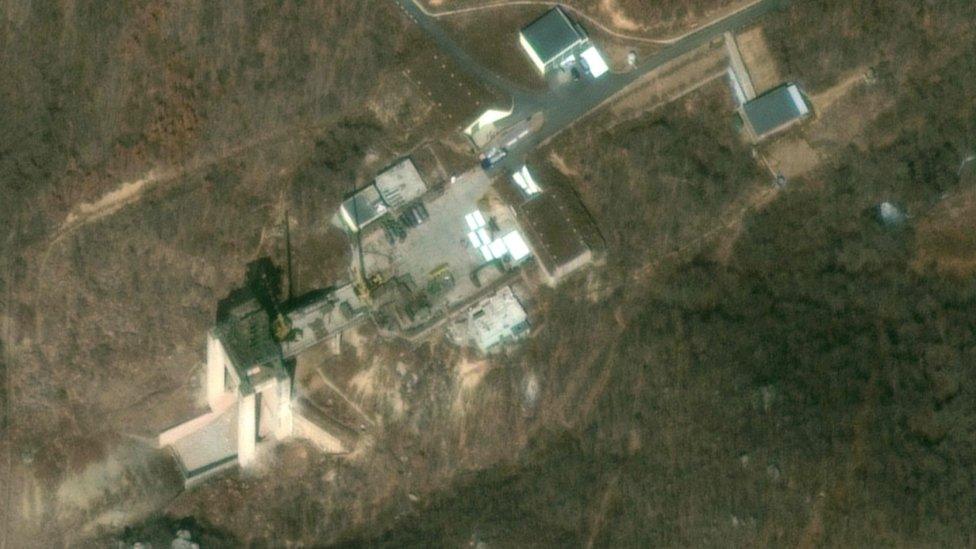
Observers are keeping a close eye out for activity at the Sohae launch site
Another option for Pyongyang would be to try out its new solid-fuel technology on a longer-range missile. Melissa Hanham said this fuel type has tactical advantages and would make North Korea's long-range missiles quicker and more powerful.
"Solid fuel missiles are easier to hide from surveillance and spy satellites, because they can be fuelled and don't necessarily have a convoy of fuel vehicles around them for satellites to detect. They can also be stored and launch more quickly than liquid fuel missiles since they are pre-fuelled and ready to go."
But surely testing a long-range missile which Washington could see as a threat to the US would risk angering an unpredictable Donald Trump?
The nuclear word Trump and Kim can't agree on
The US president declared the stand-off with North Korea as "largely solved" last year. He may find that a difficult claim to make at his re-election rallies if Pyongyang is firing off missiles capable of hitting Los Angeles.
"At best, North Korea is trying to get the US to negotiate on its terms by ramping up public pressure and urgency. At worst, North Korea doesn't really intend to negotiate at all, and is just trying to lay the public groundwork for Washington to bear the blame for an escalation of tensions," said Mintaro Oba, a former Korea Desk Officer at the US Department of State.
"Either way, North Korea is skilled at using public means to put the burden of action - and the burden of blame - on the United States.
"It's like Santa Claus saying his gifts depend on you being naughty or nice, if he had little track record of actually giving gifts and he's probably already put you on the naughty list."
Rachel Minyoung Lee, an analyst at NK News, also believes North Korea has already made up its mind that talks with the US will not work.
"In fact, I have my doubts about whether Pyongyang had much faith in an outcome from its diplomacy with the US even before the Stockholm talks were held in October," she said.
Washington has played down the significance of North Korea's year-end deadline. The US Special Representative for North Korea, Stephen Biegun, called it "artificial" and warned it would be a "huge mistake and a missed opportunity" for North Korea to take any provocative steps.
It is true that Kim Jong-un's plans are still not clear but all the signs coming from Pyongyang would suggest they are serious about this countdown.
As Prof John Delury of Seoul's Yonsei University told Reuters news agency, "The signals suggest the window for diplomacy is closing fast, if not already shut."
The war that never officially ended
- Published19 September 2018
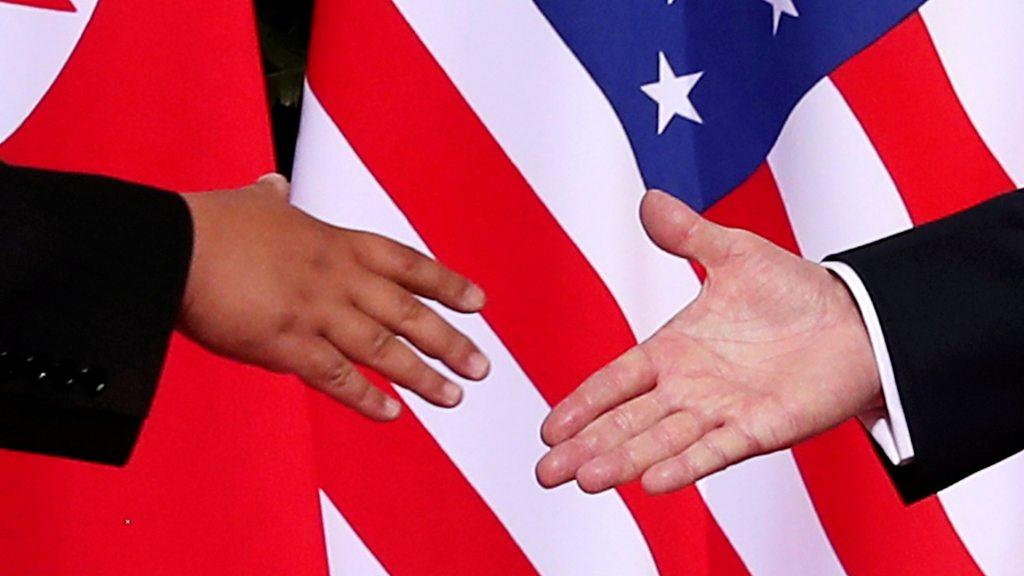
- Published16 October 2019
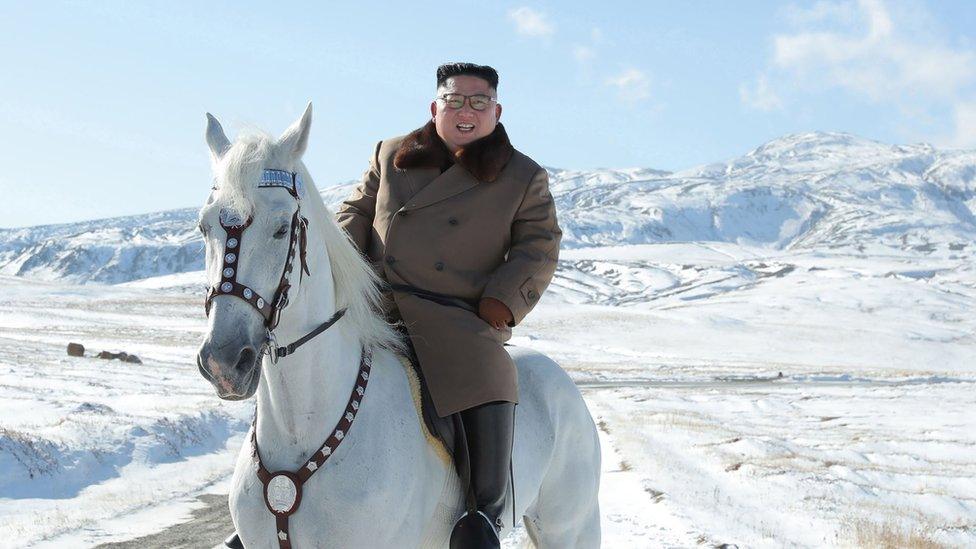
- Published5 September 2023
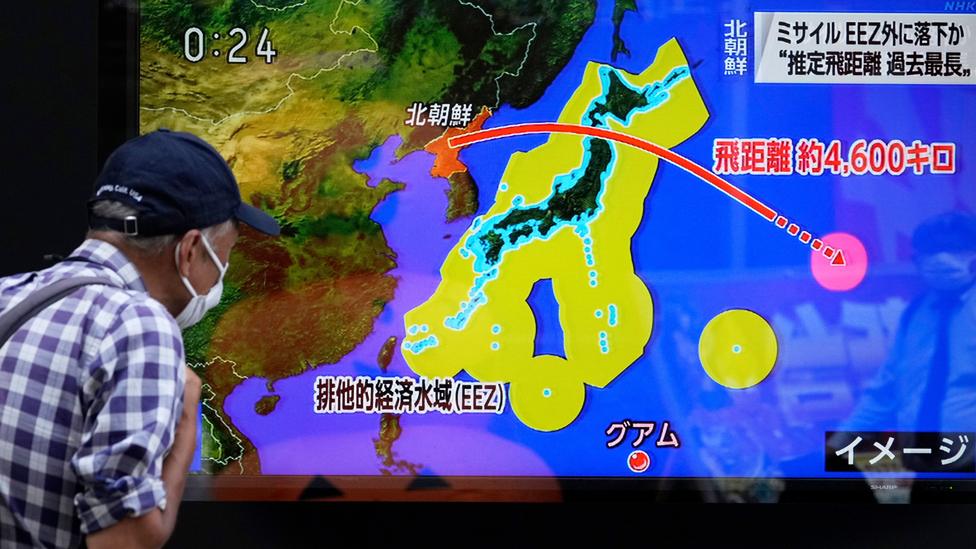
- Published18 February 2019
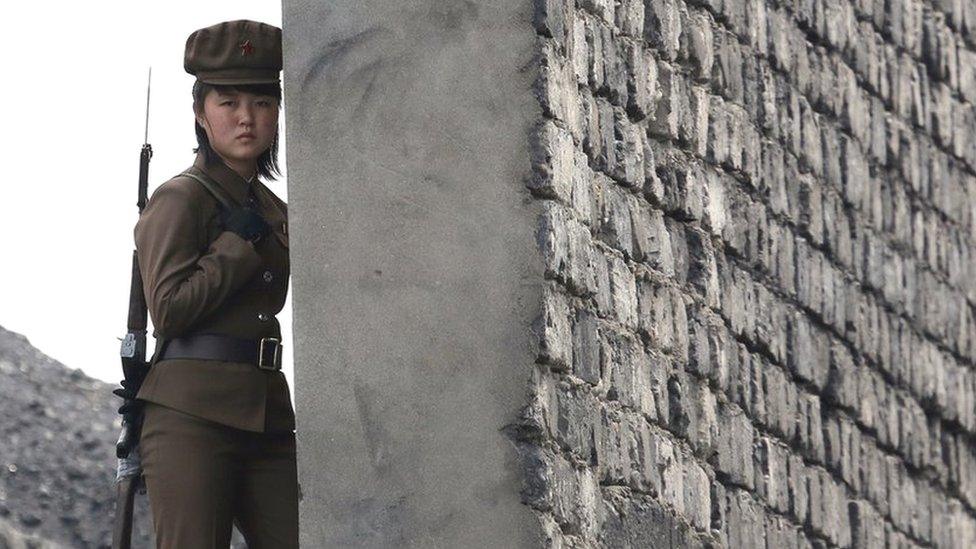
- Published30 June 2019

- Published25 July 2019
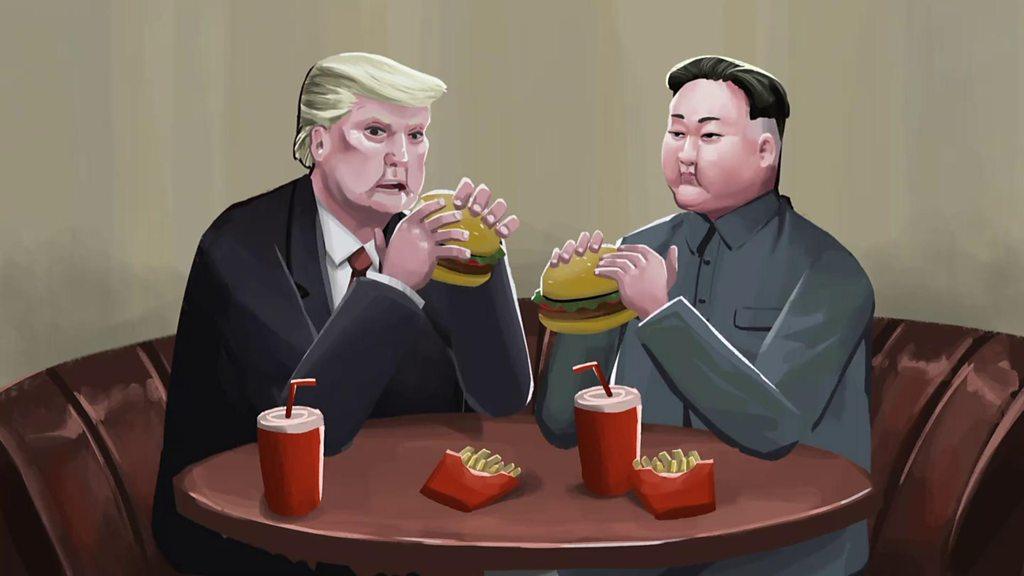
- Published21 April 2020
